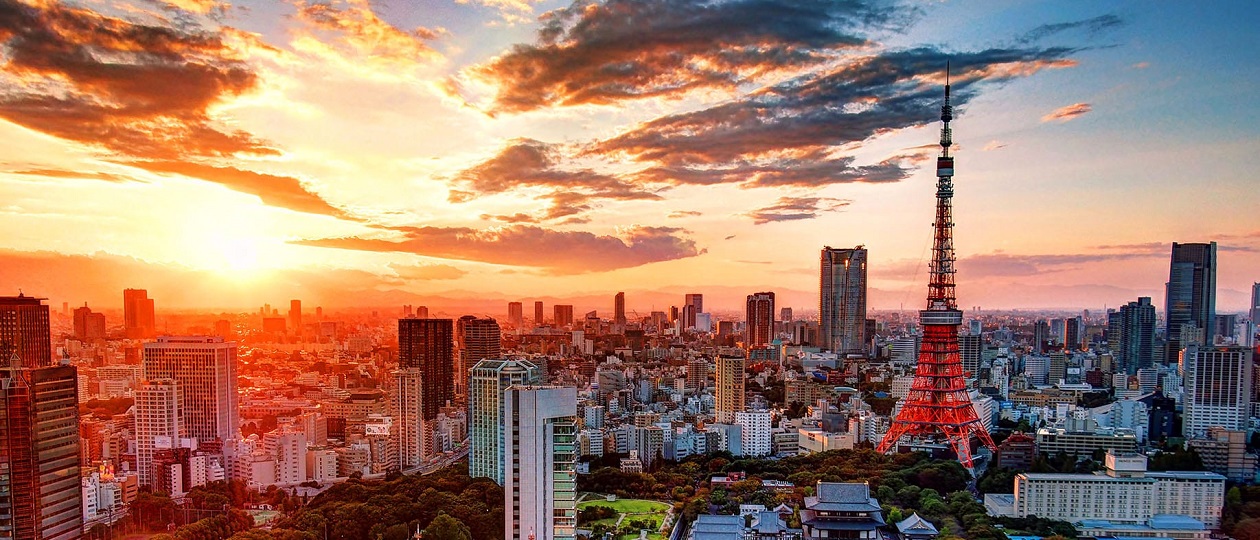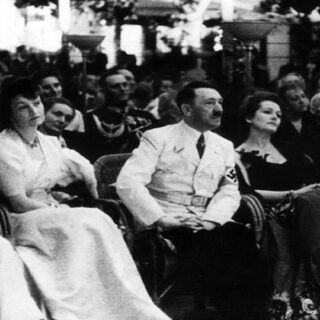
Yuriko Koike was elected for a second term as Tokyo Governor on the 5th of July under the strangest of circumstances.
Whether you see it as fortuitous timing, adept media management, or skillful political manipulation will depend greatly on your political leanings, but one thing is for sure — there was only one candidate in this election.
Given an almost daily platform on national TV, Ms. Koike spoke adroitly, dainty mask perched carefully on her nose (indeed, her masks attracted almost as much attention as her words) on the number of cases discovered day by day and reaffirmed her belief, post State of Emergency, that avoiding the “Three Cs”, closed spaces, crowded places and close-contact settings, was crucial in enabling the capital to escape a health system overload.
The relatively straight-forward message clearly resonated with those listening and certainly succeeded in drowning out the more complex and radical actions put forward by her main, left-leaning challengers, Kenji Utsunomiya and Taro Yamamoto. The declaration of her victory was met with a rather resounding shrug from most, a fait accomplit surprising few.
If one were to be gracious, one could say that her emphasis on the numbers and her matter-of-fact message of social distancing fell into line with the majority of nations. It was delivered as if it were common sense, and it was, from a scientific point of view. However, the elephant in the room is growing simultaneously bigger and weaker day-by-day. The service and hospitality industries in Tokyo, comprising restaurants, hotels and entertainment establishments, are suffering under the dogma of keeping away from others. It is here where it is possible to see a clear difference between Japan and the UK, for instance.
Boris Johnson’s Conservatives have gone against type and bent over backwards to offer incentives to businesses and citizens, from furlough schemes to tax freezes to coupons for customers of restaurants. Meanwhile, Ms. Koike stoutly insists on a lack of available budget for such giveaways, while simultaneously suggesting that B to C businesses unable to avoid direct contact are too dangerous to be worth the risk.
Areas such as Ikebukuro, Shinjuku and Akihabara have been singled out as of particular peril, with local businesses left to take the hit in apparent silence. Adding salt to the wound, businesses who are forced to stay open due to the lack of assistance are being shamed for doing so on various social media platforms. At this point, it is easy to see where the sacrificial lambs lie.
All this highlights the choice that has been made — traditional, office-based businesses, where employees can work from home, have been prioritized while the people-based businesses, so important to the life of the city, have been left hanging out to dry. Whether or not this choice will prove disastrous will ultimately decide Ms. Koike’s legacy.





